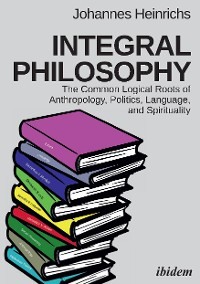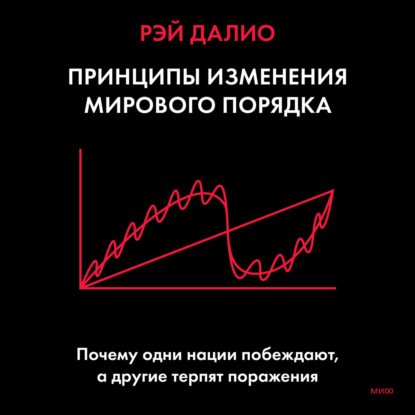Johannes Heinrichs - Integral Philosophy

This cumulative course on Johannes Heinrichs' philosophical works presents the essence of his previous publications: a rich, consistent, and novel system based on a common principle and method: reflection theory. Starting with an emphasis on implicit self-reflection as the basis of epistemology, Heinrichs clarifies the triad of body, soul, and spirit (rejecting the current dualism), which results in the sevenfold anthropology of Vedic and theosophical thinking, then moves on to presenting a summary of his well-known democracy model based on value-levels and, further on, unfolds his fundamental thesis in the area of philosophical semiotics: the big semiotic levels action, language, arts, and mystics. In addition, he presents his religious philosophy, followed by an outline of structural and integral ontology. Finally, an overview of ethical positions and on ethics as value reflection proves the fertility of his method. <br/> <br/> <br/> Heinrichs developed a “reflection system theory” which is an original up-to-date development of German idealism, inspired by the multi-value logic of Gotthard Günther. His reflection theory of language presents an alternative to the current language analysis as well as to Noam Chomsky's genetic way of universal grammar. By his systematic approach, he opposes the mere historicism of most Western philosophers. In spiritual respects, he is near to Sri Aurobindo.









